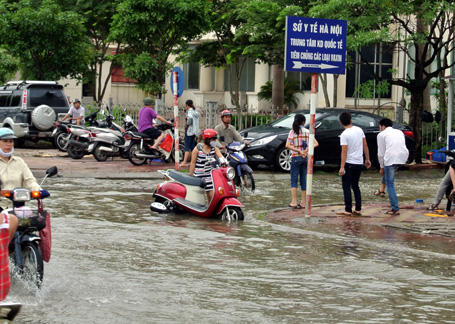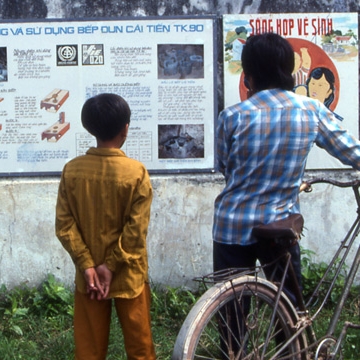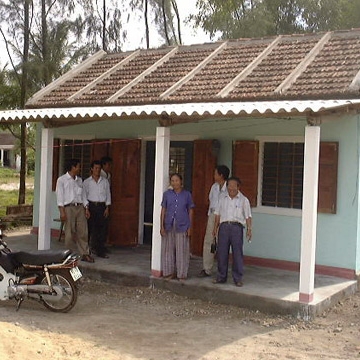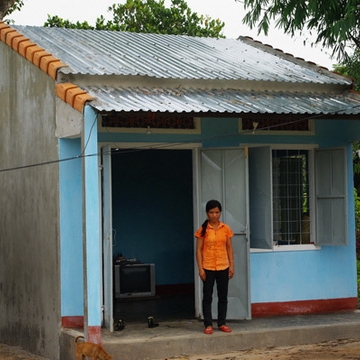Poor urban planning to blame for climate change affects

Roads in Hanoi and Ho Chi Minh City face serious flooding after heavy rains, which while often blamed on climate change, are in fact, the result of loopholes in urban planning.
Poor urban planning to blame for climate change affects
Dr. Bach Tan Sinh from the Ministry of Science and Technology’s National Institute for Science and Technology Policy and Strategy Studies said that integrating climate change adaptation issues into urban planning remains a pressing issue in Vietnam.
“Many of Hanoi’s lakes have been filled in for real estate projects, which has resulted in flooding after heavy rain. This is due to human interference, it’s not a natural occurrence,” he added.
Over the past 50 years, up to 80% of the capital’s water surface area has been filled as a resulted of rapid urbanisation. Meanwhile, the city has the only one pump station for drainage.
The inundation in HCM City is also blamed on a lack of sufficient drainage and weak urban planning. Previously, the city has a thick network of rivers, canals and marshes which could easily deal with flood tides or rain water. However, over the past decades, many of them have been filled in for new urban area projects, affecting the water flow and causing flooding.
Environmental experts also pointed out that underground water exploitation and the construction of high-rise buildings on weak foundations have also contributed to the depression in land levels, worsening the city’s drainage situation.
Meanwhile, the flooding in the central region is the result of riverhead forest destruction, and improper water discharge by hundreds of hydropower lakes.
Dr. Sinh also said, “We’re working in Da Nang, Quy Nhon and Can Tho within the framework of a project to help Asian countries manage climate change adaptation. I see a case that an ecological mangrove forest in Quy Nhon City has been demolished to make way for real estate development, destroying a natural preservation area and a coastal protection corridor. Urban planning agencies should take a more careful consideration before making decisions about a project.”
Not nature at fault
“People often attribute natural disasters to climate change but forget that their activities are a major factor. This remains a weakness in Vietnam’s communication strategy when increasing people’s awareness about climate change,” Dr. Sinh said.
People, particularly those in rural areas, usually blame God for bad weather, but don’t understand that it is due to the consequences of climate change. Meanwhile, many articles only mention losses, but don’t point out that the main cause of these problems is human activity.
The Ministry of Natural Resources and Environment cited a report by the United Nations indicating that humans are responsible for 90% of the causes of climate change, with only 10% attributed to natural causes.
He also noted that, “We’re carrying out a project to help people understand more about climate change. If they don’t understand, they can’t change their behaviour.”











